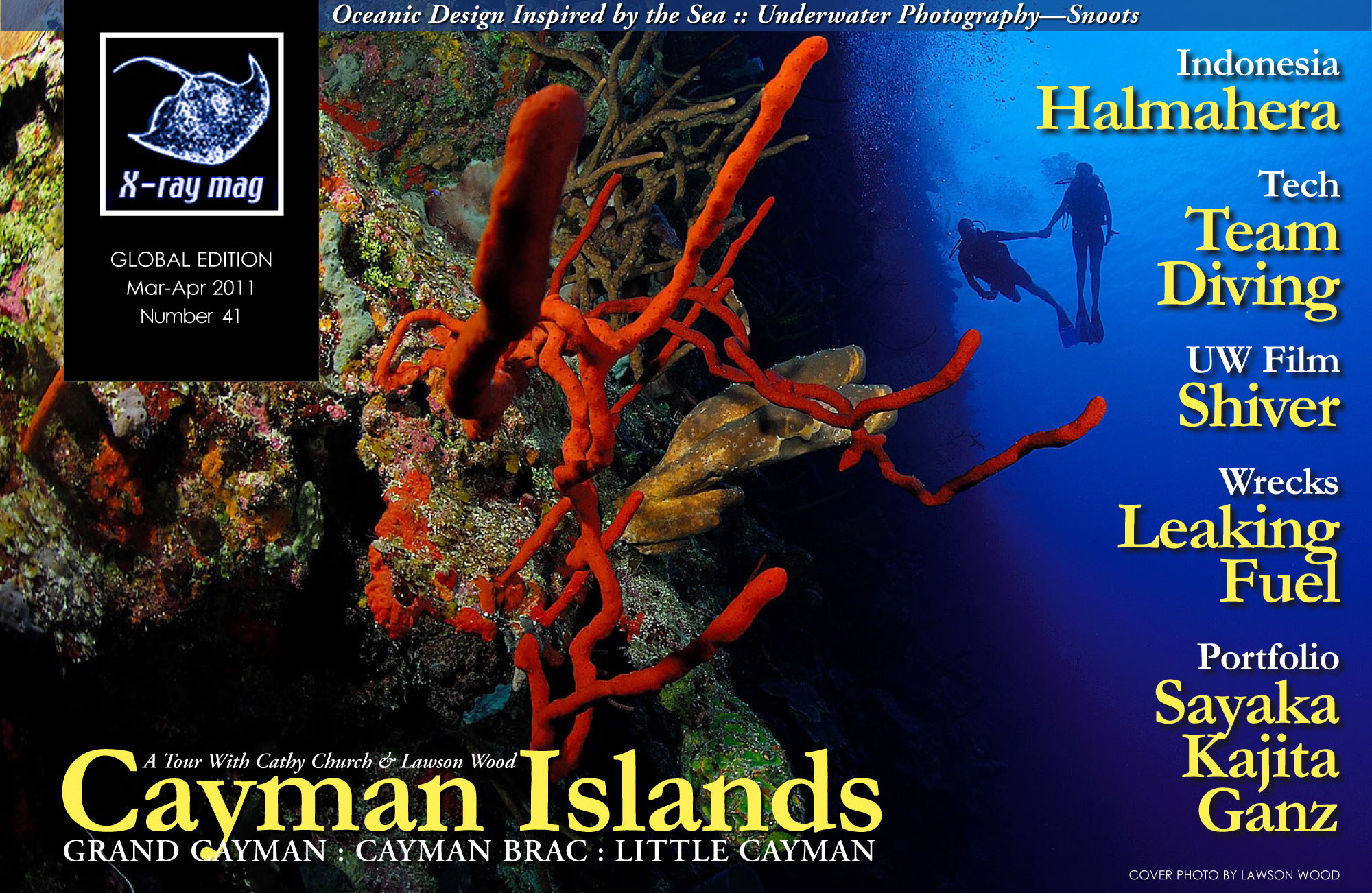Weed-eating fish "key to reef survival"
A new study by researchers at the ARC Centre of Excellence for Coral Reef Studies has found weed-eaters like parrotfish and surgeonfish can only keep coral reefs clear of weed up to a point. After the weeds reach a certain density, they take over entirely and the coral is lost.
For some years, researchers have pinned their hopes on the ability of weed-eating fish to keep the weeds at bay while the corals recover following a major setback like bleaching, a dump of sediment from the land, or a violent cyclone.
- Read more about Weed-eating fish "key to reef survival"
- Log in to post comments





